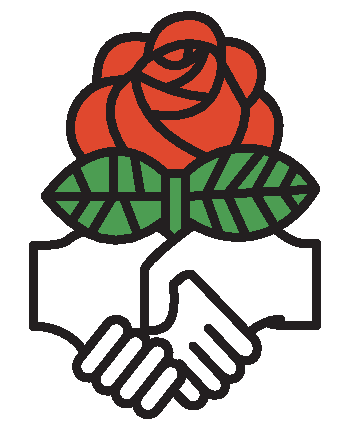Gender Dimensions of International Migration
Yerevan, Armenia, 17 March 2007
Declaration
Migration has increasingly become a global phenomenon. Although positively impacting the economic growth of developing nations, the effects of migration can have far reaching and devastating implications on the social fabric of societies. People migrate in search of employment, new life opportunities, to escape political oppression or natural disasters or when their human and civil rights are violated, among other reasons.
On the one hand migration has become an agent of development indirectly contributing to global peace and security by providing opportunities to countries that receive remittances, impacting the incomes of the poor, influencing health outcomes, channelling new knowledge and augmenting the diversification of skills of migrants.
On the other hand, migration has posed challenges by negatively impacting the human capacity, thus, the efficient delivery of services, making the recipient countries dependant on volatile and non-institutionalized growth that could be short lived, as well as distorting behaviours. Finally, the greatest challenge for all sides remains to be poorly managed migration that ends up severely impairing the lives of millions of people who dream of a better quality of life.
There is growing evidence that more than half of all migrants are women. However, the specific needs of women have not been taken into account in public debates and in the development of migration policies. Female migrants have to deal with the dual discrimination of being women and migrants. Those women who are in low-skilled jobs or are working illegally in the countries of destination, especially in unregulated sectors such as domestic employment, are at a greater risk to suffer from violence, poor working conditions, long working hours, sexual exploitation and poor reproductive health.
When men migrate, women are left behind with the double burden of being the primary care givers in the family and work. Therefore women led households are on the rise and thus have become a vulnerable segment of society. When women migrate, they have to come to terms with the burden of leaving behind their children, their families and communities. Reintegration therefore becomes an even more crippling problem, especially taking into consideration the cultural and traditional customs of the countries in the region. It is imperative to stress however that the phenomenon of migration is not only felt in this region, but throughout the world.
Among its responsibilities, the global community must begin addressing the reasons why women migrate in the first place. The obvious causes are lack of opportunities and discrimination in their countries of origin.
The very real contribution that women migrants make to their home countries in the way of financial remittances has largely been overlooked. They contribute to the improvement in the quality of life, by raising the standards of living, providing access to healthcare and education for their families.
Studies have shown that when women are able to control the use of their remittances, they spend more on their children. They send a higher portion of their earnings back home compared to male migrants. However, due to discrimination and lack of access to credit and banking services their ability to make financial decisions is severely limited.
Migration splits families, puts women at greater risk and restrictive migration policies of destination countries compels migrants to opt for alternatives outside the rule of law. Illegal migration therefore has become a huge challenge for many countries. Specific measures must be applied to struggle against this phenomenon. It is essential for origin countries to conduct a broad public awareness campaign to provide information concerning rules of entry, residence and employment in destination countries. Also, countries of origin can begin providing alternatives to migration by addressing gender discrimination and providing opportunities for women.
Destination countries have a role to play by assisting women to have equal opportunities to migrate legally and removing discriminatory provisions. These endeavours can reduce exploitation, illegal migration, smuggling and trafficking.
Socialist International Women therefore:
- Recognizes the invaluable contribution of female migrants to both the host and origin countries;
- Notes that female migrants are more vulnerable to become victims of trafficking and abuse;
- Underlines that due to restrictive immigration policies and lack of equal opportunities to migrate safely and legally, women fall victim to illegitimate labour recruiters, leading to exploitation and trafficking;
- Calls upon the International Organisation of Migration (IOM) to assist national governments to ensure that their migration and development policies are gender sensitive and take into account the specific needs of women;
- Appeals to the IOM to assist host countries to institute rules regulating migration flows and help in the creation of opportunities for legal labour migration that might be an effective alternative to illegal migration;
- Urges the World Trade Organisation (WTO) to ensure developmental aid in all trade agreements addressing the gender dimension of international migration;
- Calls upon the United Nations (UN) to urge its member states to better manage international migration by enhancing the benefits and minimizing the risks through bilateral agreements;
- Welcomes the initiative of the first Global Forum on Migration and Development (9 – 11 July 2007, in Belgium) and strongly recommends that the gender dimension of migration is included within its framework;
- Urges the UN Global Commission on International Migration (GCIM) to ensure that the gender dimension of migration is incorporated in all policy development;
- Calls upon governments, especially those of receiving countries to ratify the International Convention of the UN on the Protection of the Rights of All Migrant Workers and Members of Their Families.
Finally, Socialist International Women calls upon member parties of the Socialist International to advocate for parliamentary and governmental initiatives resulting in the implementation of laws and national action plans aimed at facilitating the integration of migrants with a special emphasis on gender.

